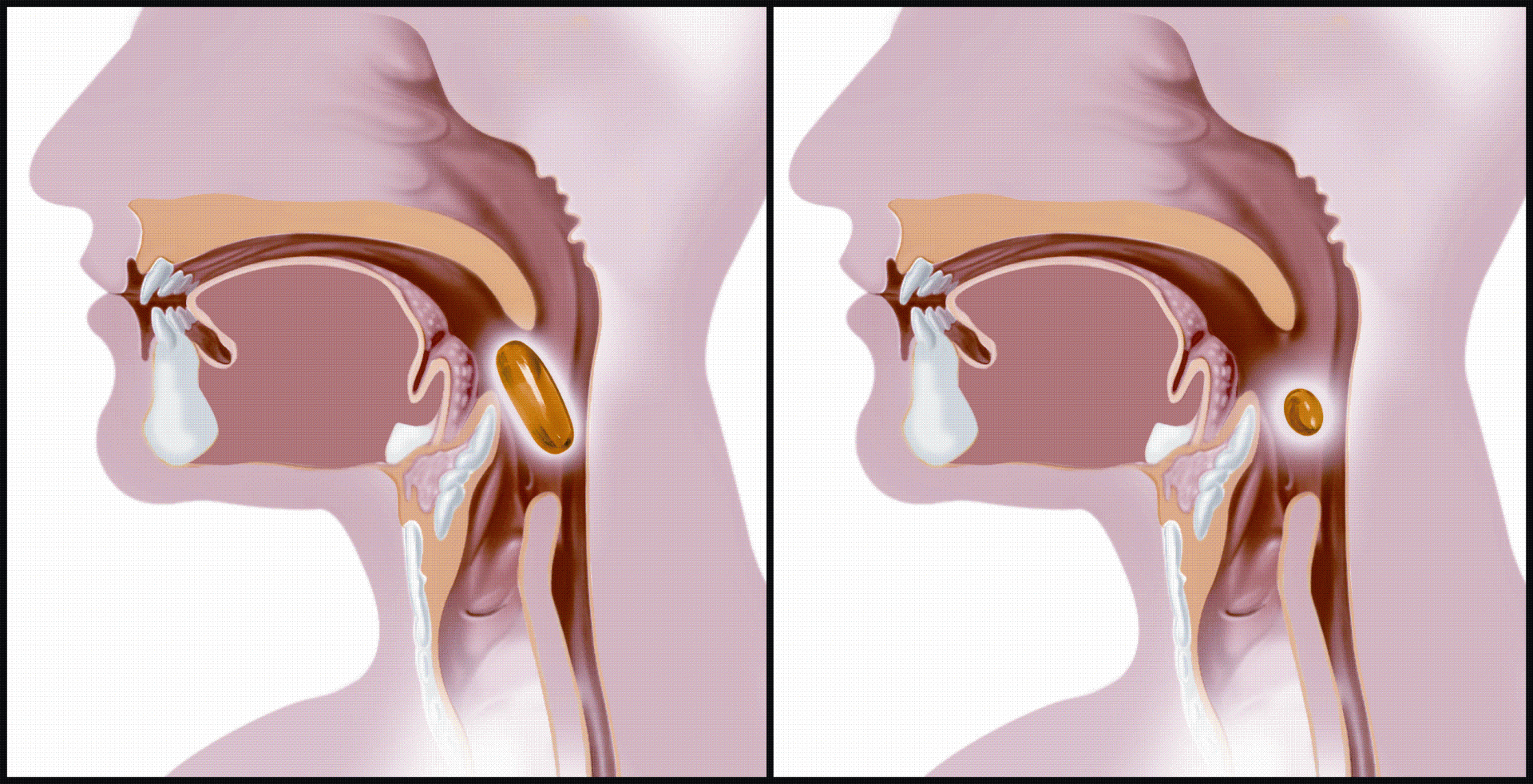In Response: Easy-to-Swallow Dietary Supplements
Dysphagia, a swallowing disorder, impacts millions.

The cold, hard statistics are simply alarming. According to the latest estimates by the American Speech-Language-Hearing Association (ASHA), 15 million Americans are impacted by dysphagia, a swallowing disorder that affects people of all ages. The elderly are particularly vulnerable, with as many as 22% affected. This swallowing disorder greatly impacts quality of life as well as socialization. What’s more, it can even lead to pneumonia. Coping with dysphagia is very individualized because the swallowing mechanism is one of the most complex in the human body.
Dysphagia can arise from a wide variety of causes, including stroke; traumatic head injury; spinal cord injury; head, neck, and esophageal cancers; Parkinson’s disease; muscular dystrophy; and multiple sclerosis (MS). Over 30% of MS patients have swallowing problems, as do up to 40% of Parkinson’s patients.
If a patient’s rehabilitative treatments are unsuccessful or impractical, the Duke University School of Medicine recommends a number of ways for people to compensate, including:
- Sitting upright when eating and drinking and for 30 minutes after a meal
- Clearing your throat or coughing after swallowing to clear the airway
- Eating smaller, more frequent meals
- Using a “liquid wash” (swallowing liquids after solids to clear food left in the throat)
- Swallowing repeatedly to clear food or liquid left in the throat
- Timing eating and drinking with taking medicine
Another important part of the solution for many patients is the ability to take pills, like vitamins and dietary supplements, that are smaller and easier to swallow.
“Smaller-sized pills are just easier to swallow so it makes sense that prescribing a smaller-sized pill greatly increases the likelihood that patients will actually take and benefit from medications as they are prescribed,” says Therese M. Doyle, a certified nurse who practices in both the United States and Mexico. “Smaller pills are much less intimidating for patients.”
“It certainly can help,” says Seth M. Cohen, MD, MPH, a surgeon and ear/nose/throat specialist at Duke University School of Medicine. “If you can have a pill that is smaller, it will go down easier. If it’s softer, it will go down easier, and sometimes putting the pill inside food can help it go down easier. A lot of changes happen to our swallowing as we get older, which makes it difficult.”
The bottom line? Coping with dysphagia is certainly not easy. But there are steps you can take to help your dietary supplement customers make living with this swallowing disorder a bit more tolerable.